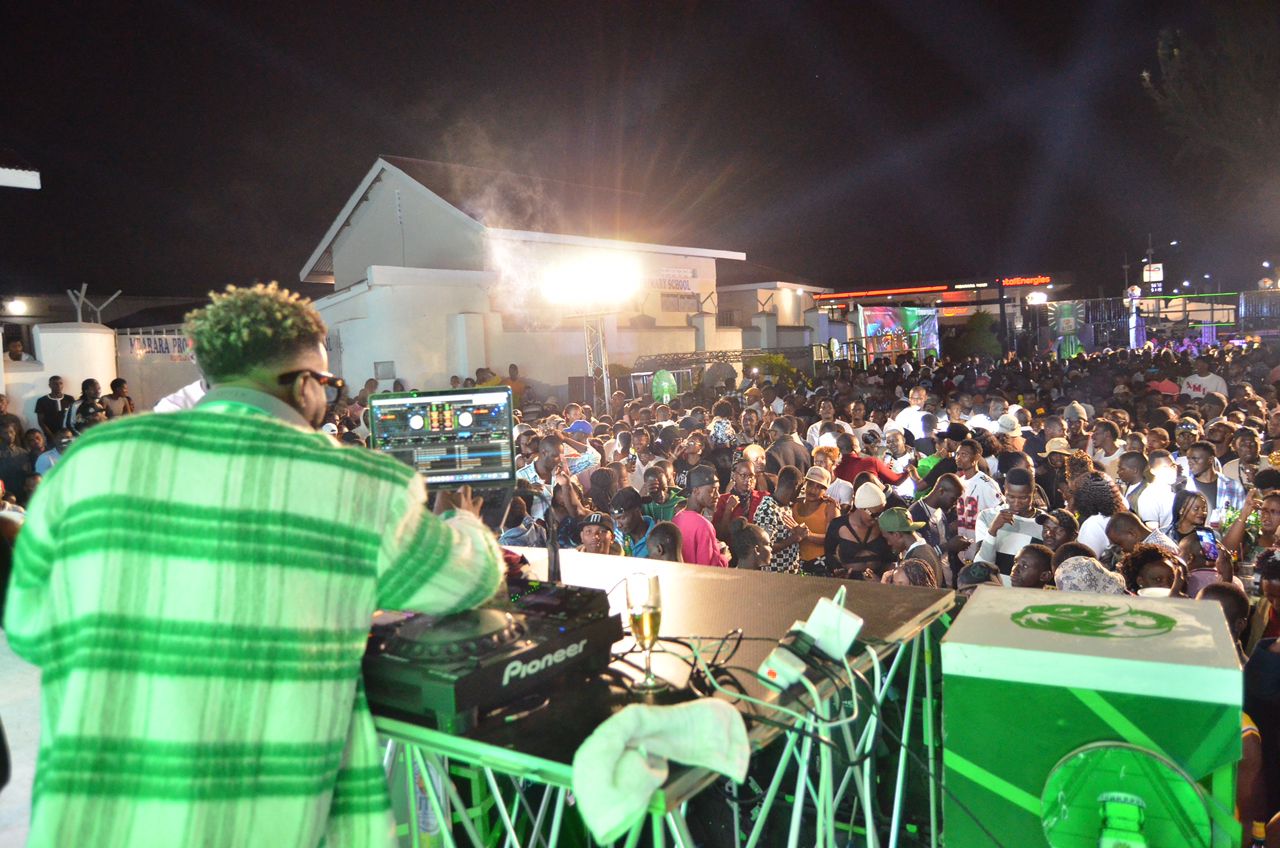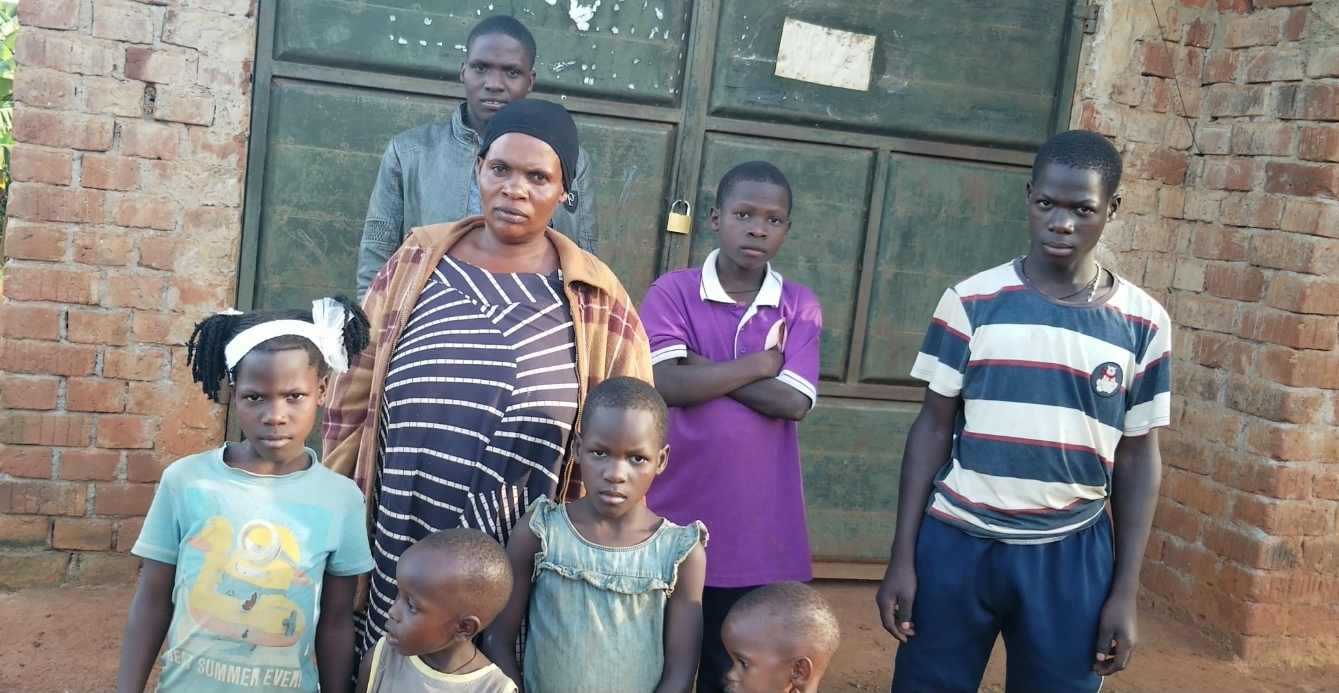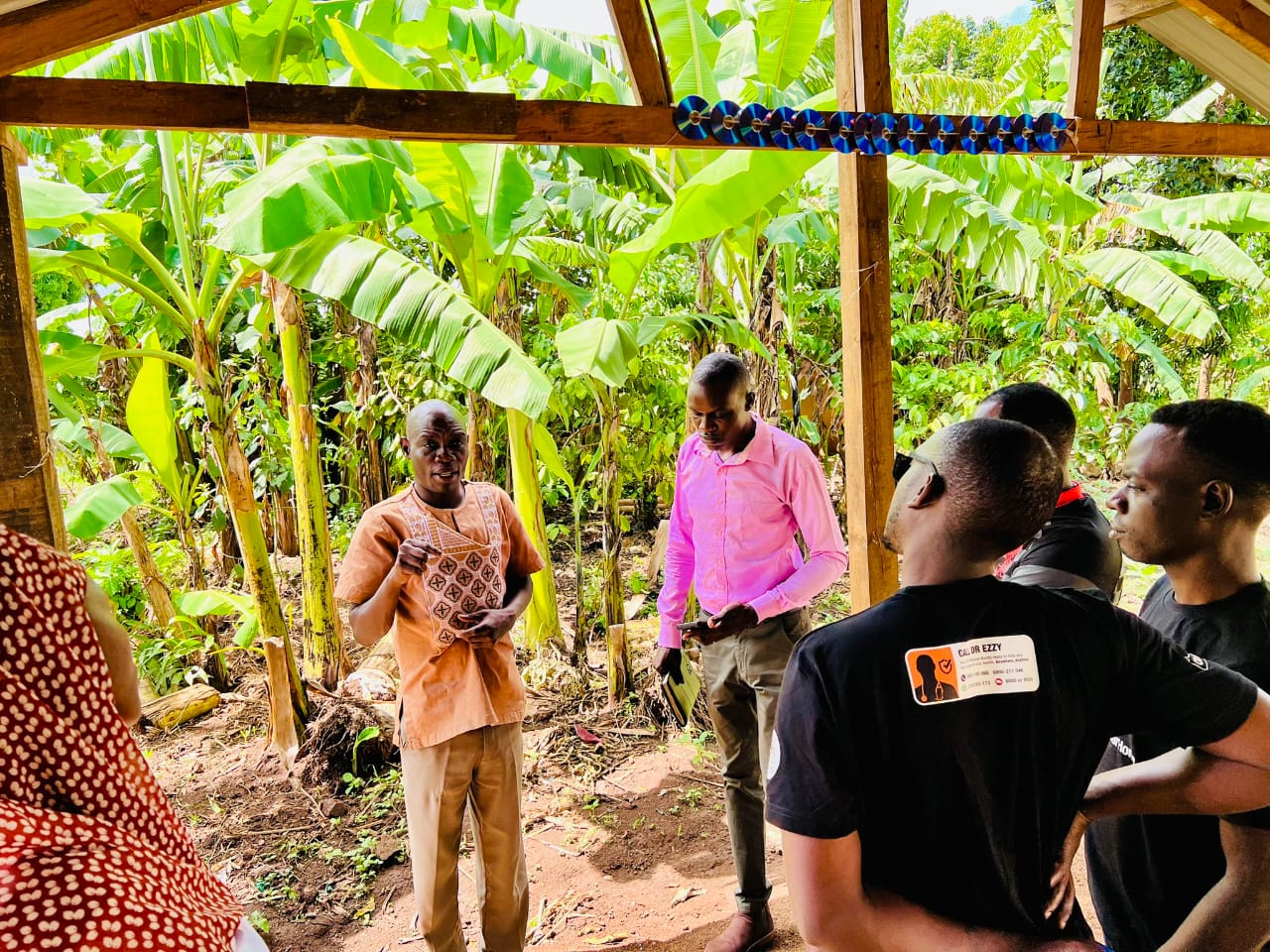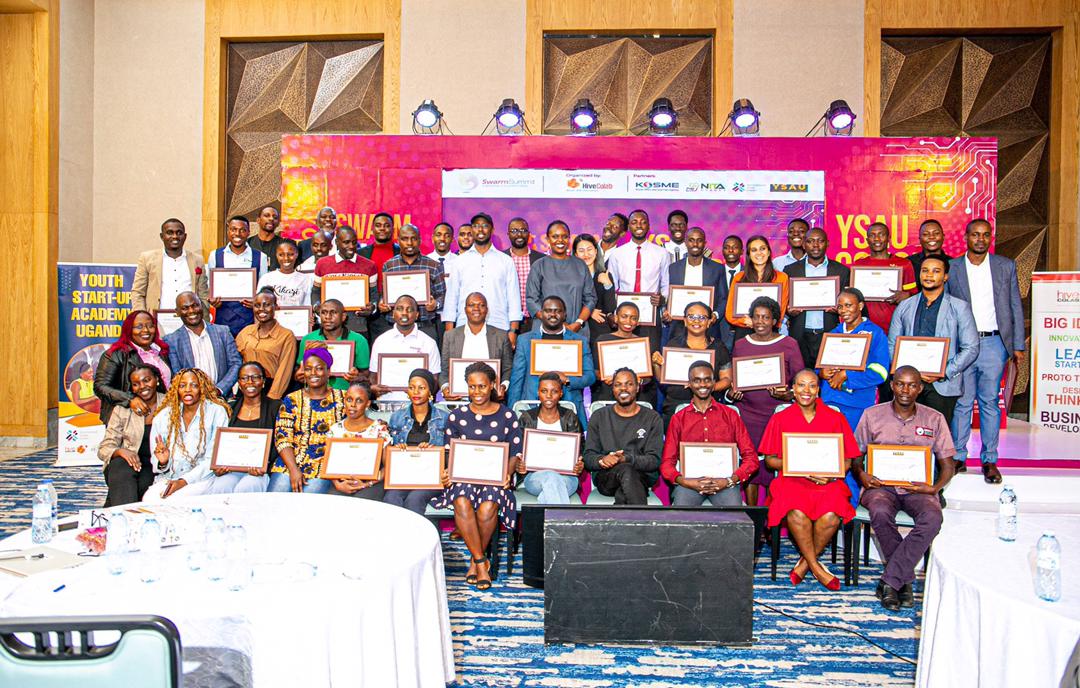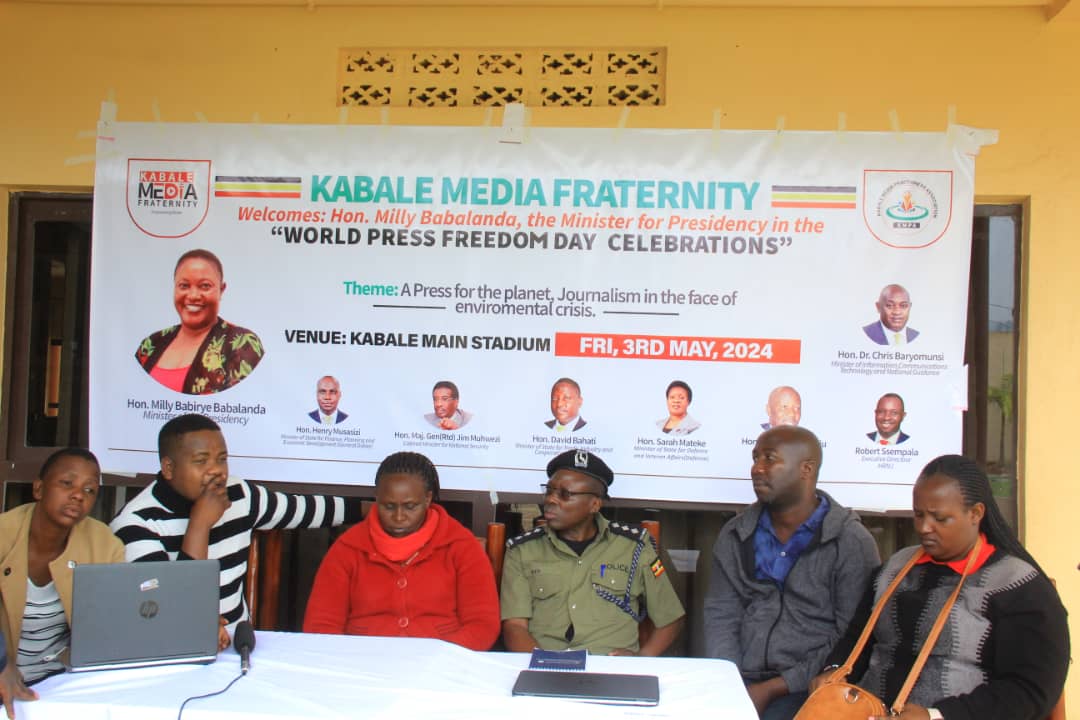Japan naked festival: Women join for first time in 1,250 years
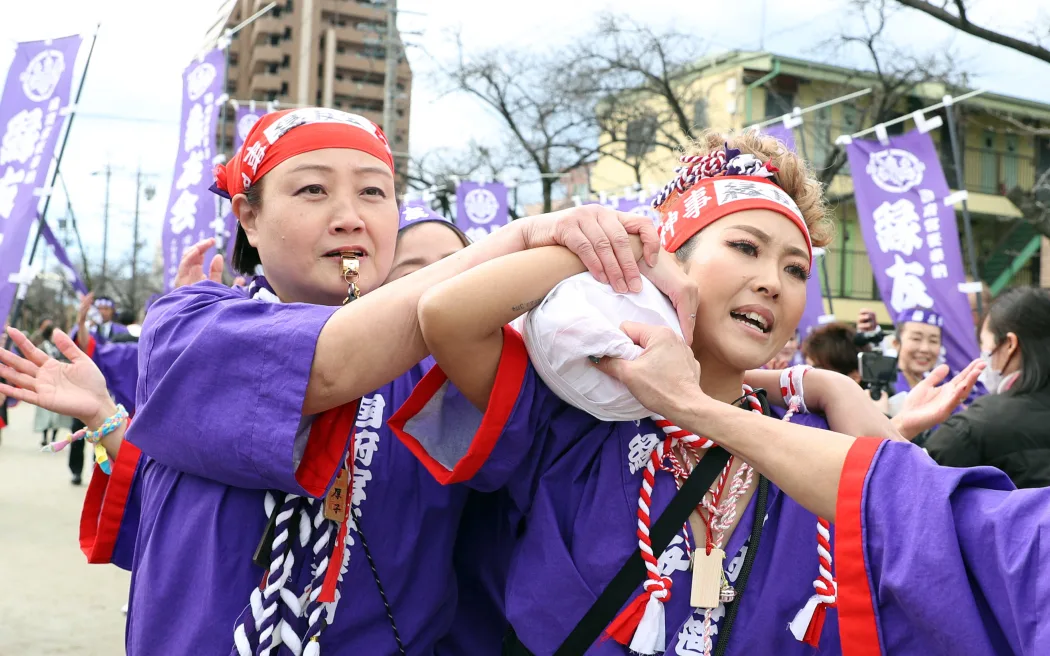
The Hadaka Matsuri festival festival sees the men attempt to drive away evil spirits, before praying for happiness at the shrine - seems to have never come up before.
BBC | The sea of chanting, nearly-naked men tussle, push and shove towards the shrine. "Washoi! Washoi!" they yell - let's go, let's go.
It is scene that has barely changed in the 1,250 years the Hadaka Matsuri, or the Naked Festival, has been taking place at the Konomiya Shrine, in central Japan.
But this year there is a change - a big one.
Away from the men's huddle, a group are about to become the first women to ever take part.
The women gathered here know they are making history. Finding room in traditionally male-dominated spaces is difficult anywhere, but in Japan - which last year ranked 125 out of 146 on the World Economic Forum's gender gap index - it is particularly hard.
Not that they weren't always there.
"In the background, women have always worked very hard to support the men in the festival," explains Atsuko Tamakoshi, whose family has been working at the Konomiya festival for generations.
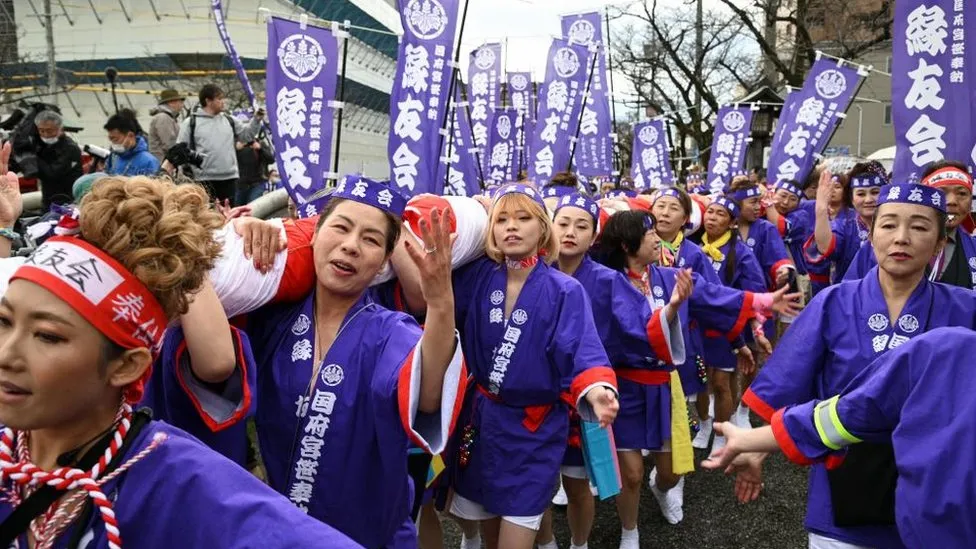
But the idea of actually taking part in the festival - which sees the men attempt to drive away evil spirits, before praying for happiness at the shrine - seems to have never come up before.
According to Naruhito Tsunoda, there has never been an actual ban. It's just that no one had ever asked.
And when they did, the answer was easy.
"I believe the most important thing is for there to be a fun festival for everyone. I think God would be happiest about that too," he told news agency Reuters.
Not everyone in the community was as accommodating though.
"There were many voices that were concerned (about us taking part) - saying, 'What are women doing in a men's festival?', 'This is a men's festival, it's serious'," Tamakoshi, a 56-year-old grandmother, explains.
"But we were all united in what we wanted to do. We believed that God would watch over us if we were sincere."
The women waiting for their turn are indeed sincere. What they are not is naked.
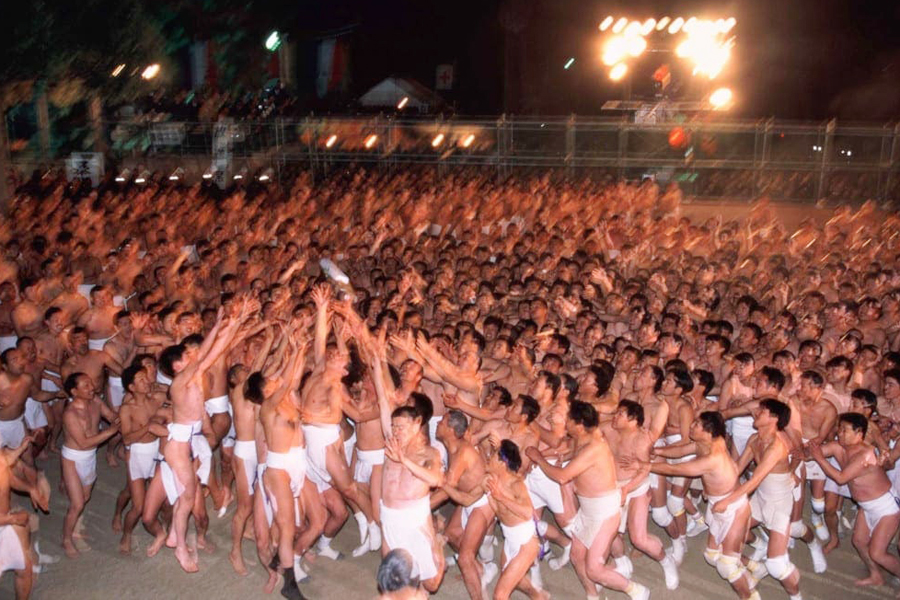
Instead many are wearing "happi coats" - long, purple robes - and white shorts, as opposed to the men's loincloths, while carrying their own bamboo offerings.
They won't be part of the big scramble which accompanied the men's rush to the shrine, or the clambering over one another to touch the Shin Otoko, or the 'male deity' - a man chosen by the shrine. Touching him, as the tradition goes, is meant to drive evil spirits away.
It doesn't take away the significance of this moment.
"I feel that times have finally changed," Yumiko Fujie tells the BBC. "But I also feel a sense of responsibility."
These women, however, are not just breaking gender barriers with their participation. They are also keeping the tradition alive.
This week, another naked festival - held at Kokuseki Temple in Japan's north - said this would be the last one they would hold. There simply were not enough young people to keep the festival going.
Japan has one of the fastest ageing populations on earth. Last year, for the first time, more than one in 10 people were aged 80 or older. Meanwhile, its birth rate stands at just 1.3 per woman, with only 800,000 babies born last year.
The moment has come for the women to make their way to the shrine.
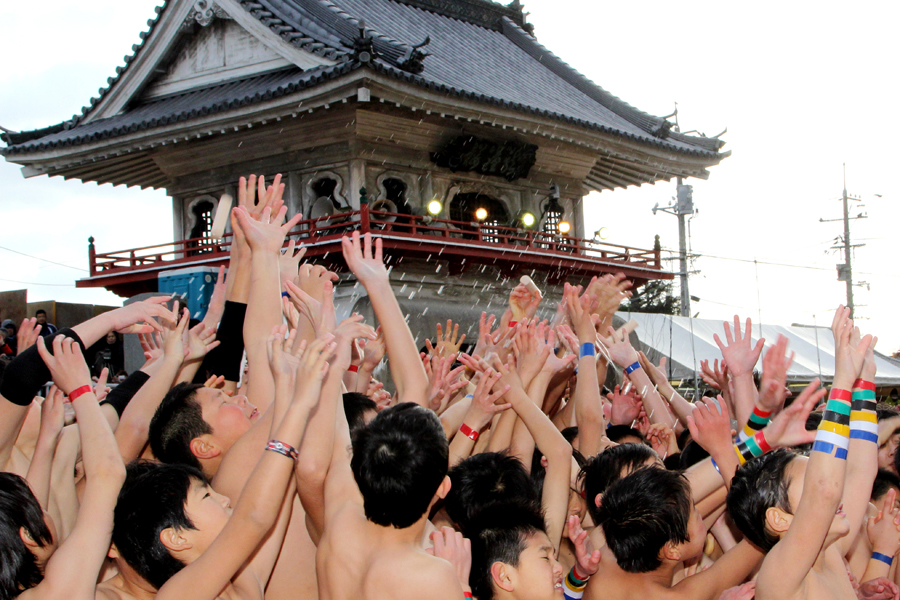
They stand in two parallel lines and carry the long bamboo sticks wrapped in intertwined red and white ribbons.
Atsuko Tamakoshi is leading the way - blowing her whistle to prompt the rhythmic chant they've heard the men say for decades.
'Washoi Washoi," the women shout.
The women focus on the movements and speed which they've practiced for weeks. They know they have to get this right.
Aware that the eyes of the media and the spectators are on them they're also smiling a mix of nerves and excitement.
There are supportive cries from the watching crowd, some shouting "Gambatte" or 'keep going!', as they push through the freezing temperatures.
They enter the Konomiya Shinto shrine's courtyard and, like the men, they're sprayed with cold water. It seems to energise them even more.
After their offering is accepted, the women end the ceremony with the traditional salutation of two bows, two claps and one final bow.
And then, the enormity of the moment sets in. The women erupt into cheers, they jump around and hug each other crying. "Arigatogozaimasu! Arigato!" Thank you! Thank you! They say to each other and the crowd now applauding them.
"I got so teary," Michiko Ikai says. "I wasn't sure I could join, but now I feel a sense of achievement."
As they make their way out of the shrine, the women are stopped by members of the public who want to take pictures with them and media outlets who want to interview them. They happily oblige.
"I've done it. I'm so happy," Mineko Akahori tells the BBC. "I'm really grateful that as a woman, I could participate for the first time."
Her friend and teammate Minako Ando adds that simply "becoming the first to do something like this is just great".
"Times are changing," says Hiromo Maeda. Her family has been running a local inn which has hosted some of the male festival-goers for the last 30 years.
"I think our prayers and wishes are the same. It doesn't matter if it's a man or a woman. Our passion is the same."
For Atsuko Tamakoshi, who has played such a key role in the day, there is a moment to reflect on what they have all achieved together. She's both emotional and relieved.
"My husband has always taken part in this festival," she tells the BBC. "And I was always the spectator. I'm now filled with gratitude and happiness."
Related Topics


